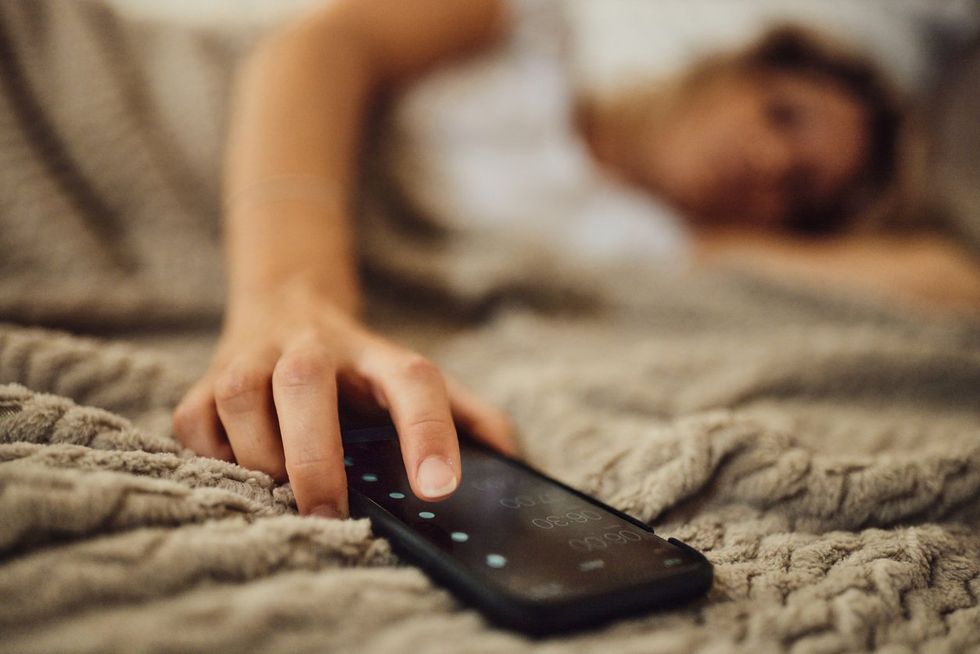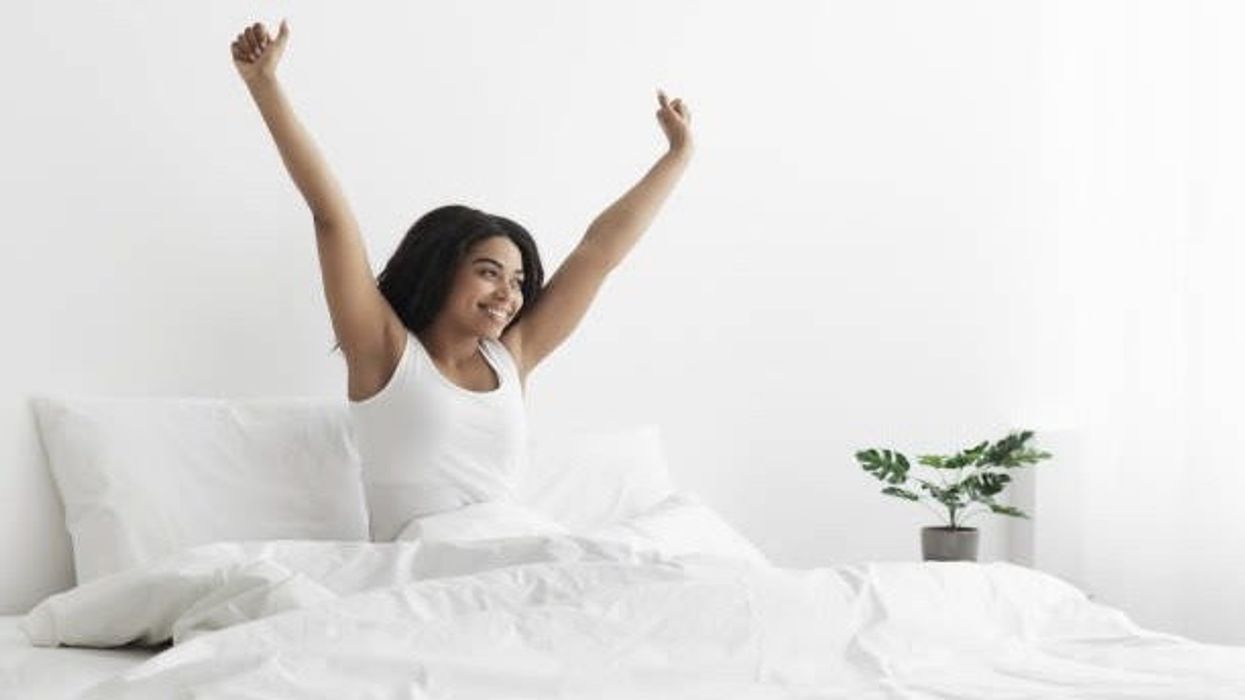Harry Fletcher
Oct 18, 2023
How Working Out Improves Your Quality Of Sleep
unbranded - Lifestyle / VideoElephant
If you’re one of the many people who loves sleep and finds it a huge struggle to get up in the mornings, we’ve got some news that might just make you feel a little better.
As it turns out, scientists have released a new study which suggests that hitting snooze on your alarm may actually be good for you.
A new study has claimed that the extra sleep brought by snoozing an extra half hour in the mornings could help to improve cognitive performance.
The research published in the Journal of Sleep Research surveyed more than 1,700 adults from across the world and looked into their morning habits.
According to the study, a total of 69 per cent of those involved admitted they snoozed their alarms at least some of the time.
Then, 31 of these people were tested and the researchers found that snoozing their alarms improved some of their scores following cognitive examinations.

The tests they were subjected to involved things like memory tests and basic maths questions. Compared to not snoozing for 30 minutes, when the people did snooze they either improved their scores in the tests or their performance was not affected.
"Snoozing for 30 minutes in the morning does not have any major negative effects on the sleep that night or how tired one feels when waking up," said Tina Sundelin [via Live Science], who is the lead study author and psychologist at Stockholm University in Sweden.
"For those who are drowsy in the morning, such as evening people, and find that snoozing helps them wake up, the study shows that they may actually be more objectively alert [meaning that they performed better on the cognitive tests] after snoozing — even if they don't feel more or less sleepy.”
It comes after a sleep expert revealed the worst common sleeping position for people which could be bad for our health.
Sign up for our free Indy100 weekly newsletter
Have your say in our news democracy. Click the upvote icon at the top of the page to help raise this article through the indy100 rankings
Top 100
The Conversation (0)














